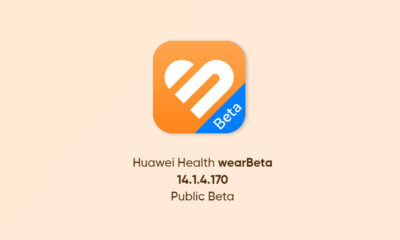News
SAIC Marvel-R electric SUV equipped with Huawei Balong 5000 chip

According to the latest news, SAIC automobile becomes the first smart electric vehicle brand to receive the dual 5G certificates including SRRC vehicle level 5G/C-V2X terminal and 5G terminal telecommunication equipment license issued by the Ministry of Industry and Information Technology in China, which supports 5G-based car networking.
Recently, the SAIC automobiles disclose that the smart electric SUV car, Roewe Marvel R manufactured by the company gets the 5G terminal telecommunication equipment license.
Currently, Roewe Marvel R is the only car that comes with 5G V2X functions. The 5G V2X function is undergoing key technological transformations, with the focus of innovation shifting towards connected and fully automated (i.e autonomous or driverless) vehicles with the help of the internet.
Marvel R car equipped with Huawei Balong 5000 5G chip, Mobileye EyeQ4H core chip, 5G V2X functions, smart features including traffic signal, warning notifications, self-speed control, and others.
[Via]







